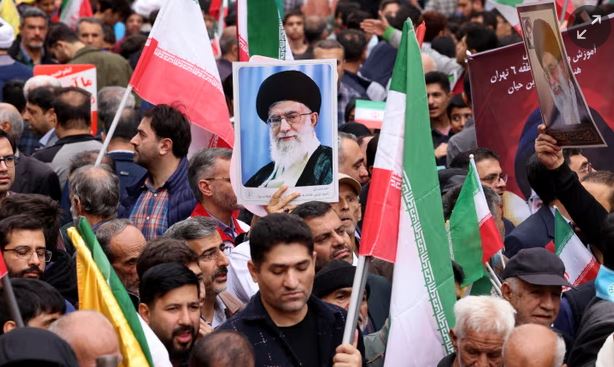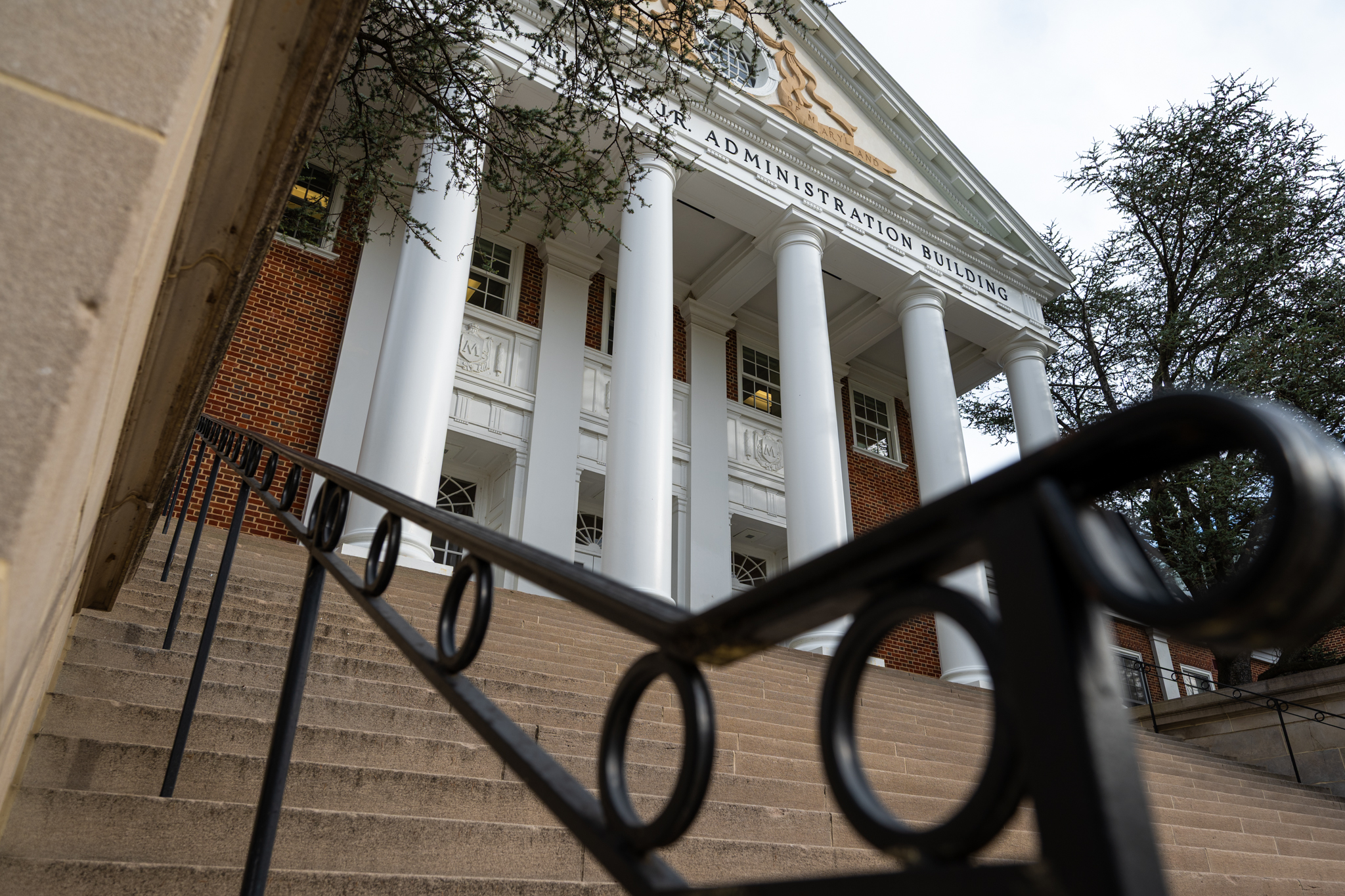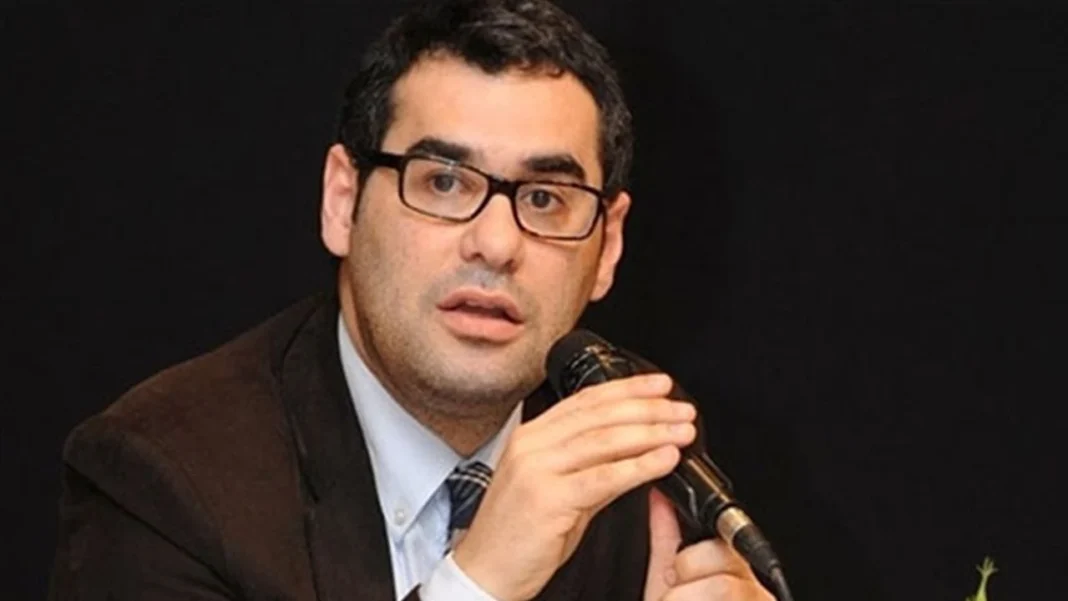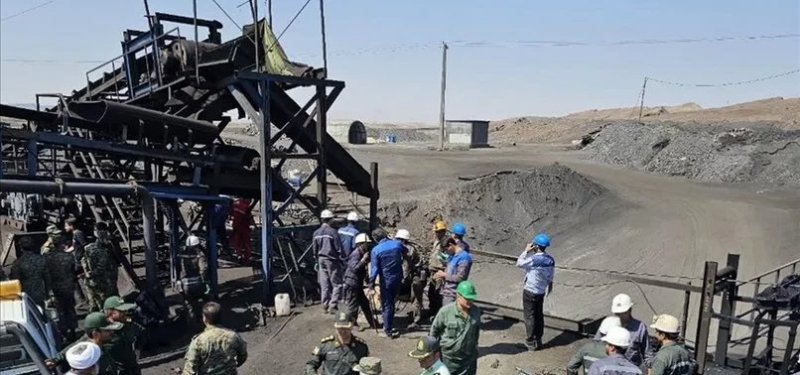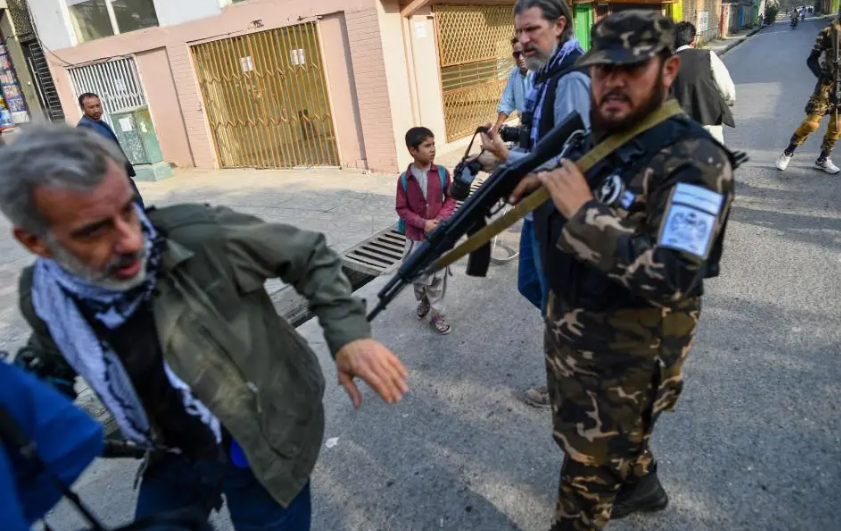
Afghanistan’s Journalists Silenced Under Taliban Reign
November 2, 2024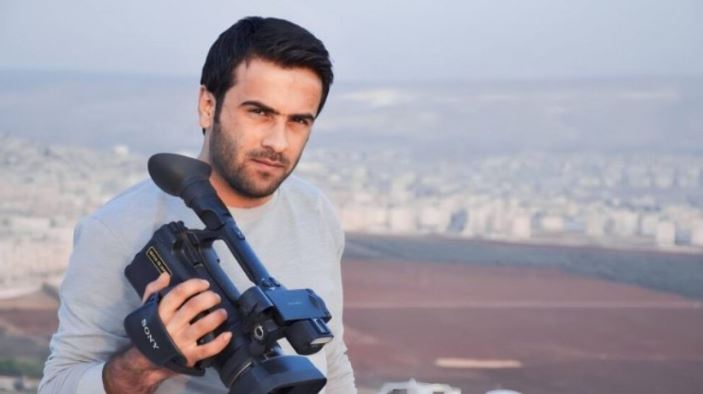
KDP Holds Roj News Editor Suleiman Ahmed Without Evidence for Over a Year
November 3, 2024November 3, 2024 – Iran/USA –
Iranian–American journalist Reza Valizadeh returned to Iran after 13 years abroad, even seeking assurances from Iranian authorities. Instead, he was detained by security forces upon arrival, later sent to Evin Prison. According to multiple sources, Valizadeh—a former reporter at Radio Farda (the Persian service of U.S.-funded Radio Free Europe/Radio Liberty)—was arrested again in late September and has remained locked up under Revolutionary Court supervision without publicly disclosed charges.
On November 3, 2024, the U.S. State Department confirmed Valizadeh’s detention following reports by AP and Reuters. Officials stated they are working through Swiss intermediaries (the U.S. protecting power in Iran) to determine his status and legal situation. Iran has neither confirmed nor denied the arrest, and the Foreign Ministry acknowledged only being “aware of reports” concerning an Iranian national detained in the country.
Valizadeh faces trial in Tehran’s secretive Revolutionary Court, notorious for its closed-door procedures and use of undisclosed “national security” evidence. His case closely follows a pattern: Iran has for decades detained dual nationals—often U.S.-Iranian journalists—as de facto hostages amid geopolitical tensions. Observers liken these arrests to diplomatic leverage, with past examples such as the 2023 prisoner exchange following American detentions.
Radio Farda expressed concern over his continued imprisonment, stating there has been “no official confirmation of the charges”. The Committee to Protect Journalists (CPJ) and others urged immediate release, with CPJ interim MENA coordinator Yeganeh Rezaian highlighting that dual nationals “should be free to visit their homeland without fear of prosecution”.
Valizadeh’s detention underscores Iran’s broader strategy of weaponizing its judicial system against journalists and dual citizens. In the wake of recent U.S.–Iran tensions—over Gaza, retaliatory threats, and regional dynamics—his case highlights how press freedom remains a casualty. Iran’s pattern of silencing journalists via incarceration poses pressing challenges for international diplomacy, human rights advocacy, and the safety of media professionals worldwide.
Reference –

